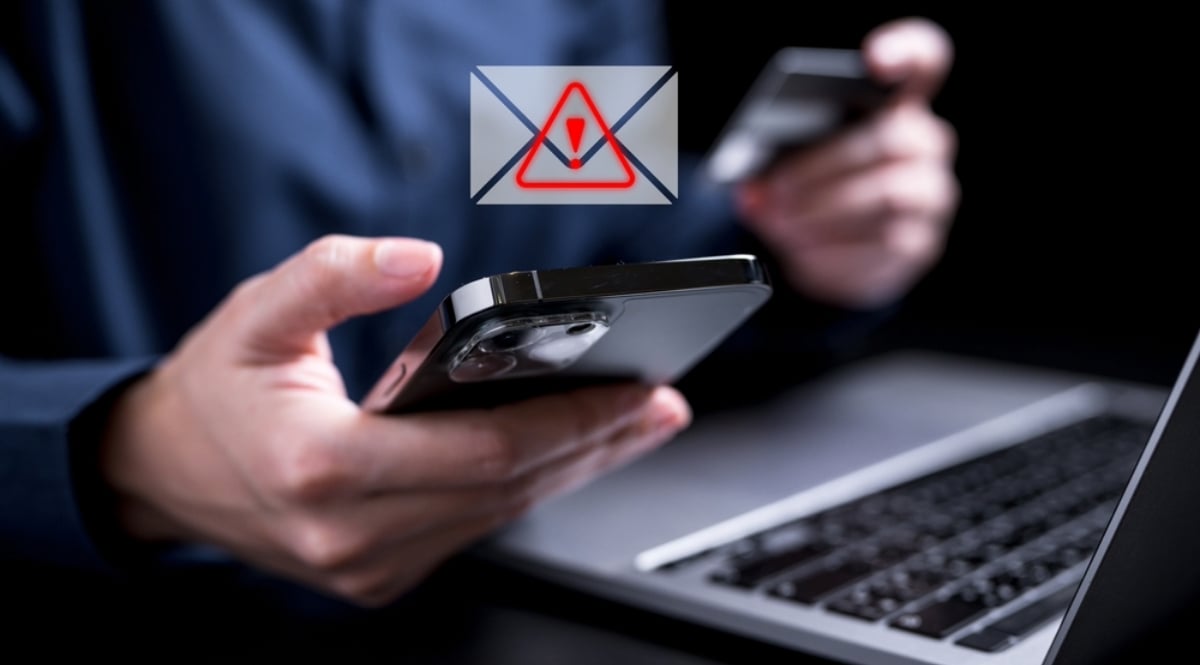How to Identify Fake Airdrops?
Spotting fake crypto airdrops is crucial to protect your digital assets and personal information. Airdrops are giveaways of cryptocurrency tokens or coins, often used by projects to promote their tokens and gain a user base.
Unsurprisingly, it is quite hard to identify fake crypto airdrops. As a result, there are plenty of questions, such as ‘How to identify fake airdrops?’
This comprehensive guide will discuss various methods to help you identify and avoid fake crypto airdrops.
Research the project
Before participating in any airdrop, thoroughly research the project behind it. Check the project’s website, whitepaper, and team members. Legitimate projects typically have a transparent online presence with verifiable information. Beware of airdrops from projects with anonymous teams or no clear information about their goals and technology.
Verify official announcements
Legitimate airdrops are usually announced on the project’s official website, social media profiles (like Twitter, Telegram, or Reddit), and reputable crypto news outlets. Double-check the information on these platforms to ensure consistency. Be wary of airdrop announcements from unofficial sources, as scammers often create fake accounts or websites to deceive users.
Check the airdrop’s purpose
Airdrops are typically used to promote a project or reward existing token holders. Be cautious of airdrops that claim to distribute tokens for free without any clear purpose or benefit for the project. If it seems too good to be true, it probably is.
You need to take into account other issues when it comes to questions such as, ‘How to identify fake airdrops?’
Examine the tokenomics
Look into the project’s tokenomics to understand how the airdrop fits into its overall distribution plan. Legitimate airdrops are usually part of a larger strategy to incentivize user adoption and engagement. Suspicious airdrops might have unrealistic token distribution models or offer an excessive number of tokens.
Check for KYC (know your customer) requirements:
Some airdrops may require participants to complete KYC procedures, such as submitting personal identification documents. While this doesn’t guarantee legitimacy, projects that implement KYC are more likely to be credible. However, be cautious about sharing sensitive information and ensure the platform you’re providing it to is secure.
Verify social media channels:
Scammers often create fake social media profiles or channels that mimic official project accounts. Always double-check the authenticity of social media profiles and official communication channels. Look for verification badges or links to the official website on these profiles.
Watch out for phishing websites:
Fake airdrops often lure users to phishing websites that imitate the official project site. Check the website’s URL carefully to ensure it’s the correct one. Avoid clicking on suspicious links, and never enter your private keys or passwords on any website that doesn’t have the proper security measures in place (e.g., HTTPS).
Beware of fake wallets and apps
Scammers may promote fake wallets or mobile apps designed to steal your cryptocurrency. Only download wallets and apps from trusted sources, such as the official website or reputable app stores like Google Play or the Apple App Store. Read user reviews and check for any red flags before installing.
Verify the token contract address
Always verify the token contract address before participating in an airdrop. Scammers may provide a fake address to trick you into sending your cryptocurrency to their wallet. Cross-check the address with reliable sources like Etherscan for Ethereum-based tokens or blockchain explorers for other blockchains.
Check the airdrop’s terms and conditions
Carefully read and understand the terms and conditions of the airdrop. Look for any hidden fees, requirements, or conditions that may put your funds or personal information at risk. Legitimate airdrops usually have clear and straightforward rules.
Use security tools
Consider using browser extensions and tools that can help identify phishing websites and scam attempts. Some popular options include MetaMask’s browser extension, which warns against known phishing sites, and antivirus software with web protection features.
Monitor community feedback
Join online communities and forums related to cryptocurrency to stay updated on potential scams and airdrop frauds. Fellow users may share their experiences and warnings about suspicious airdrops.
13. Avoid Personal Information Requests:
Legitimate airdrops do not require you to provide your private keys, passwords, or sensitive personal information. Be extremely cautious if an airdrop asks for such data, as it’s a clear sign of a scam.
Be sceptical of huge rewards
Airdrops offering enormous rewards for minimal effort are likely too good to be true. While some airdrops can be generous, overly extravagant promises should raise red flags.
Report suspected scams
If you come across a suspected fake airdrop, report it to the appropriate authorities and platforms. This helps protect other users and may lead to the shutdown of fraudulent schemes.
Trust your instincts.
Ultimately, trust your instincts. If something feels off or too risky, it’s better to skip the airdrop and protect your assets and personal information.
Crypto and regulations
We can’t forget about regulations, when it comes to questions like, ‘How to identify fake airdrops?’
Cryptocurrency regulations vary significantly by country and jurisdiction, reflecting the evolving nature of the digital asset space. Here are some key points to consider regarding crypto and regulations:
Diverse regulatory approaches: Different countries have adopted various regulatory approaches towards cryptocurrencies. Some nations have embraced crypto and developed comprehensive regulatory frameworks to govern its use, while others have taken a more cautious or restrictive stance.
KYC and AML compliance: Many countries require cryptocurrency exchanges and service providers to implement Know Your Customer (KYC) and Anti-Money Laundering (AML) procedures to combat illegal activities, such as money laundering and terrorist financing.
Taxation: Cryptocurrency transactions may be subject to taxation in some jurisdictions. Tax authorities have started issuing guidelines on how to report and pay taxes on crypto gains, which vary from capital gains tax to income tax treatment.
Securities regulation: Some cryptocurrencies and initial coin offerings (ICOs) may be considered securities under the law, subjecting them to additional regulations and oversight by securities authorities.
Licensing requirements: In several countries, cryptocurrency businesses must obtain licenses to operate legally. These licenses often involve meeting specific regulatory standards and compliance requirements.
Evolving landscape: As the crypto industry evolves, regulations are continually adapting to new developments and technologies. Governments and regulatory bodies are monitoring the space closely and may update rules as needed.
In summary, spotting fake crypto airdrops requires a combination of due diligence, caution, and awareness. Always research the project, verify official announcements, and be vigilant against phishing attempts. By following these guidelines, you can reduce the risk of falling victim to crypto airdrop scams and protect your valuable digital assets.
The post How to Identify Fake Airdrops? appeared first on FinanceBrokerage.























